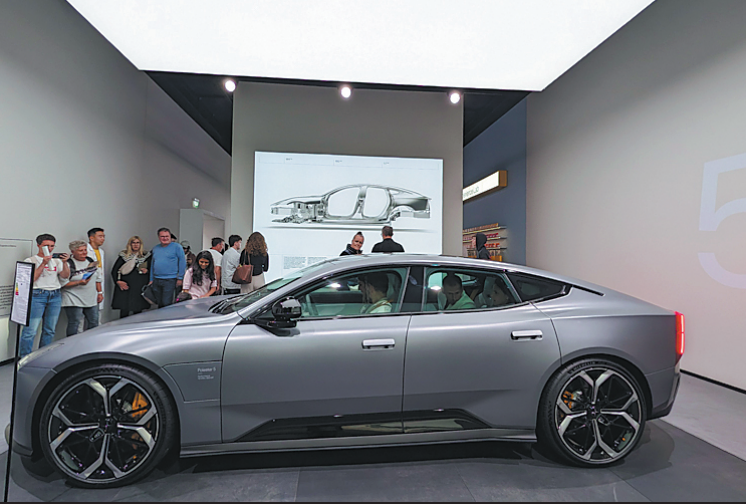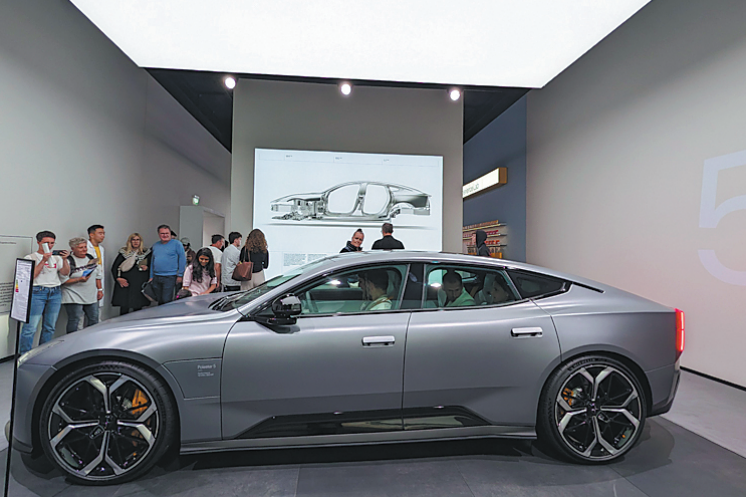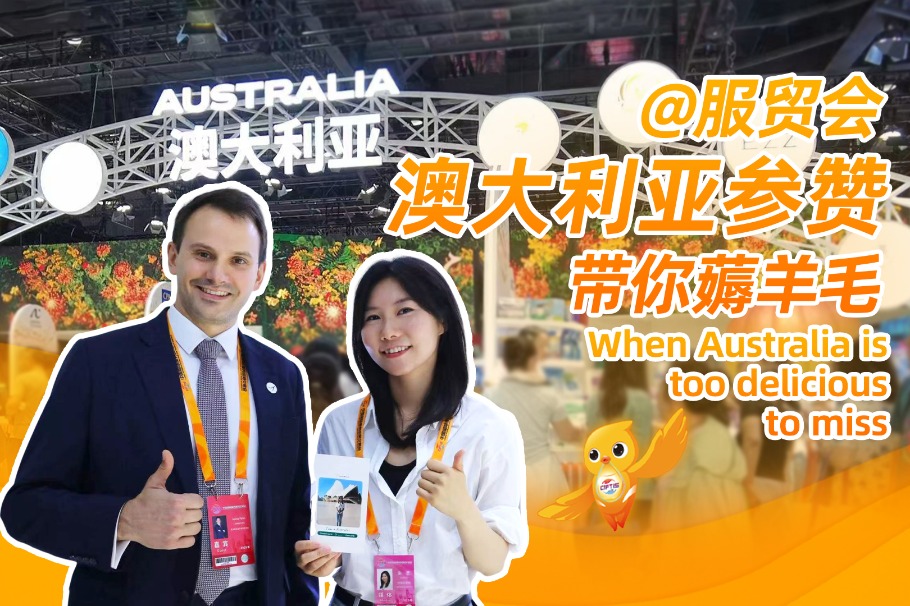Chinese EVs make impression at Munich auto show
By ZHANG ZHOUXIANG in Munich | China Daily | Updated: 2025-09-15 08:59

Chinese electric vehicle makers made a strong impression at the biennial IAA Mobility 2025 in Munich last week, but winning lasting loyalty from European consumers remains an uphill task, experts say.
China was the largest source of foreign exhibitors at this year's event, with 116 companies among the roughly 750 participants from more than 30 countries and regions, according to the fair's organizers.
The breadth of China's EV industry was on full display: established automakers such as BYD, NIO, Xpeng and Leapmotor showcased their latest models, while battery giant CATL and technology firms including Zhuoyu and DeepRoute.Ai highlighted innovations in energy storage and smart mobility.
NIO demonstrated predictive suspension technology developed by ClearMotion in one of its vehicles, while BYD confirmed that production at its first European factory in Hungary will begin soon.
"Europe is a tremendously important market for us," said Stella Li, executive vice-president of BYD, noting the company's newly released model at the show will be the first to roll off the Hungarian production line.
Industry insiders and observers in Europe have taken note of the growing competition. Uwe Schmitt, sales manager of Landtechnik Schmitt, a company specializing in vehicles and agricultural machinery in Bavaria, Germany, said Chinese EVs are already matching or surpassing European products in both technology and design.
"In the long run, Chinese electric vehicles will certainly establish themselves in Europe," he said. "But European firms will not give up the market, and their competence will continue to deliver better products for customers."
Luigi Gambardella, president of the business association ChinaEU in Brussels, said Chinese EV makers hold distinct advantages.
Their cost competitiveness stems from mastery of the entire supply chain — from battery research and component manufacturing to assembly and logistics, he said. This vertical integration, he added, allows them to keep prices down without sacrificing margins.
Faster innovation
Chinese automakers are also faster to innovate, typically bringing new models to market about 30 percent quicker than global peers, and they account for nearly two-thirds of the world's high-impact battery research, Gambardella said.
"This agility translates into a steady flow of fresh models equipped with cutting-edge features," he said, citing examples such as advanced infotainment systems, smart cockpits and even vehicles integrated with drones. "By marrying technology with user-centric design, Chinese brands attract Europe's younger, tech-savvy consumers."
Yet, Gambardella and other experts cautioned that challenges remain.
"European consumers are still wary of new entrants, associating prestige and reliability with established brands," he said.
Political sensitivities surrounding industrial dependence on China also complicate matters, he said. He suggested that Chinese companies invest more in after-sales service, which remains a weak link in their European operations.
Michael Borchmann, a China specialist in Hessen, Germany, holds a similar view, saying that while Chinese EVs are gaining market share in Germany, many consumers in his circle remain reluctant to purchase them, often favoring traditional fuel-powered vehicles.
He was not so sure about the reason, and only agreed that it might be cultural factors that play a role in such preferences.
Despite these challenges, analysts believe Chinese EV makers are reshaping Europe's automotive landscape.
"They bring innovation, affordability and scale," Gambardella said, adding that their long-term success will depend on whether they can translate early sales momentum into enduring trust, strong service and a genuine European identity.
























